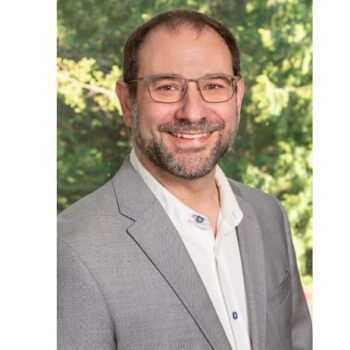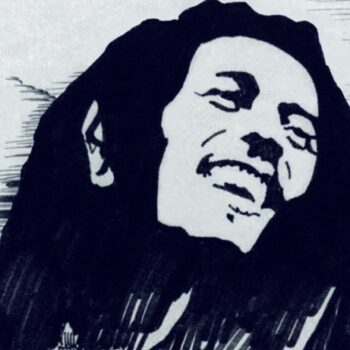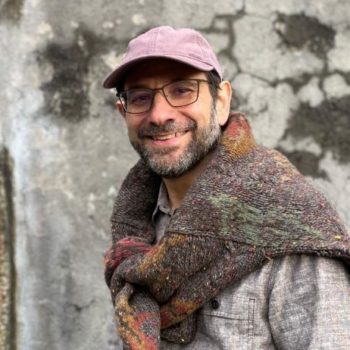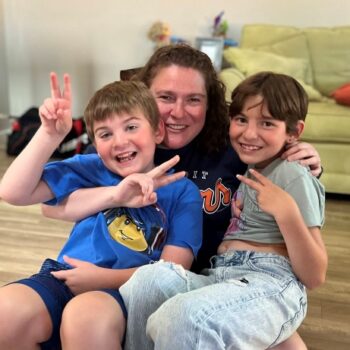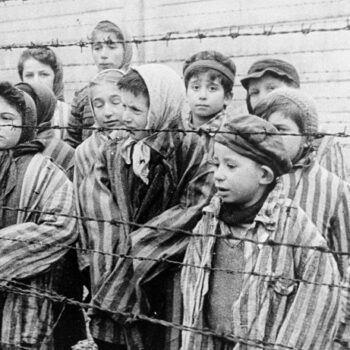The twilight of bein hashemashot, the ambiguous time between day and night, evokes a profound sense of uncertainty and anxiety. For the Sages of the Talmud, this liminal moment posed Jewish legal challenges—a space neither fully day nor fully night, a realm where duties could be misunderstood or incorrectly performed. Their solution was to eliminate the ambiguity by assigning bein hashemashot to either day or night, depending on what ensured that halachic obligations would be met without error.
Part of the morning Birkot HaShachar is essential in its relation to our physical presence each day, but it also reflects the themes of liberation and the restoration of dignity present in Parshat Vaera, which we read this week.
Parshat Shemot marks the beginning of the Exodus and redemption of the Israelite nation from Egypt to the story of their own nationhood. The themes of redemption and sacred human dignity repeat again and again throughout the book because redemption is both a human experience and a partnership with the Divine.
In Pirkei Avot, a book of maxims in the Mishnah, an ancient rabbi, Ben Bag-Bag said about Torah study, “Hafokh bah, va’Hafokh vah, d’khola bah.” Turn it over and over, for everything is in it. For two thousand years, that’s what Jews have done. Here is another turning.
The book of Genesis has shared the narrative of multiple sibling relationships, all of which were fraught with rivalry and general discontent. The end of the book, however, contains the well-known blessing of Jacob to his grandsons Ephraim and Menashe, the first siblings in the Torah to live in harmony, without recorded rivalry, symbolizing unity and peace—values central to Jewish tradition.
In Pirkei Avot, a book of maxims in the Mishnah, an ancient rabbi, Ben Bag-Bag said about Torah study, “Hafokh bah, va’Hafokh vah, d’khola bah.” Turn it over and over, for everything is in it. For two thousand years, that’s what Jews have done. Here is another turning.
If you’ve recently reconciled with someone or are working to repair a relationship, what better way to mark the moment than to pause and offer a blessing to honor and sanctify this essential human act.


